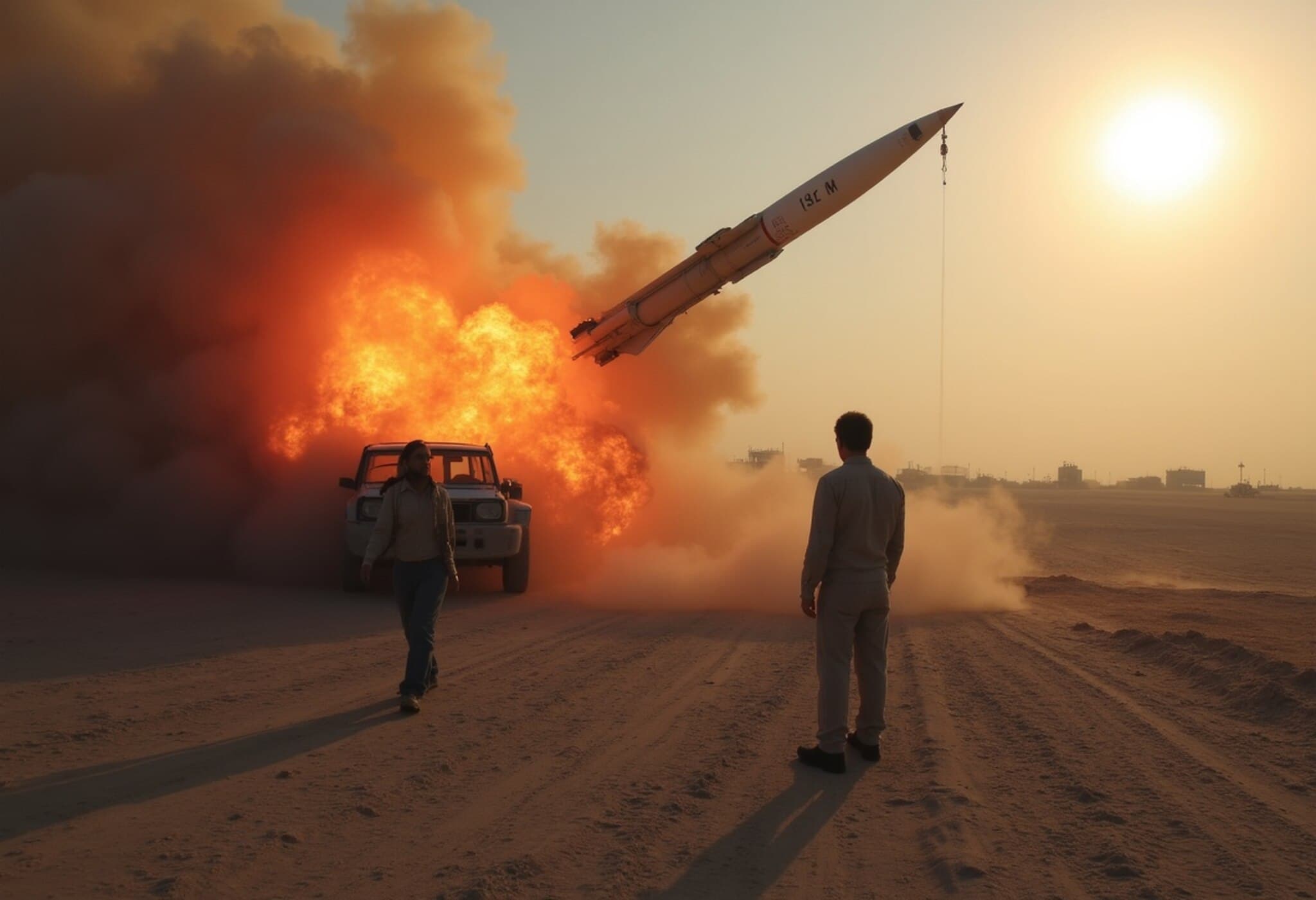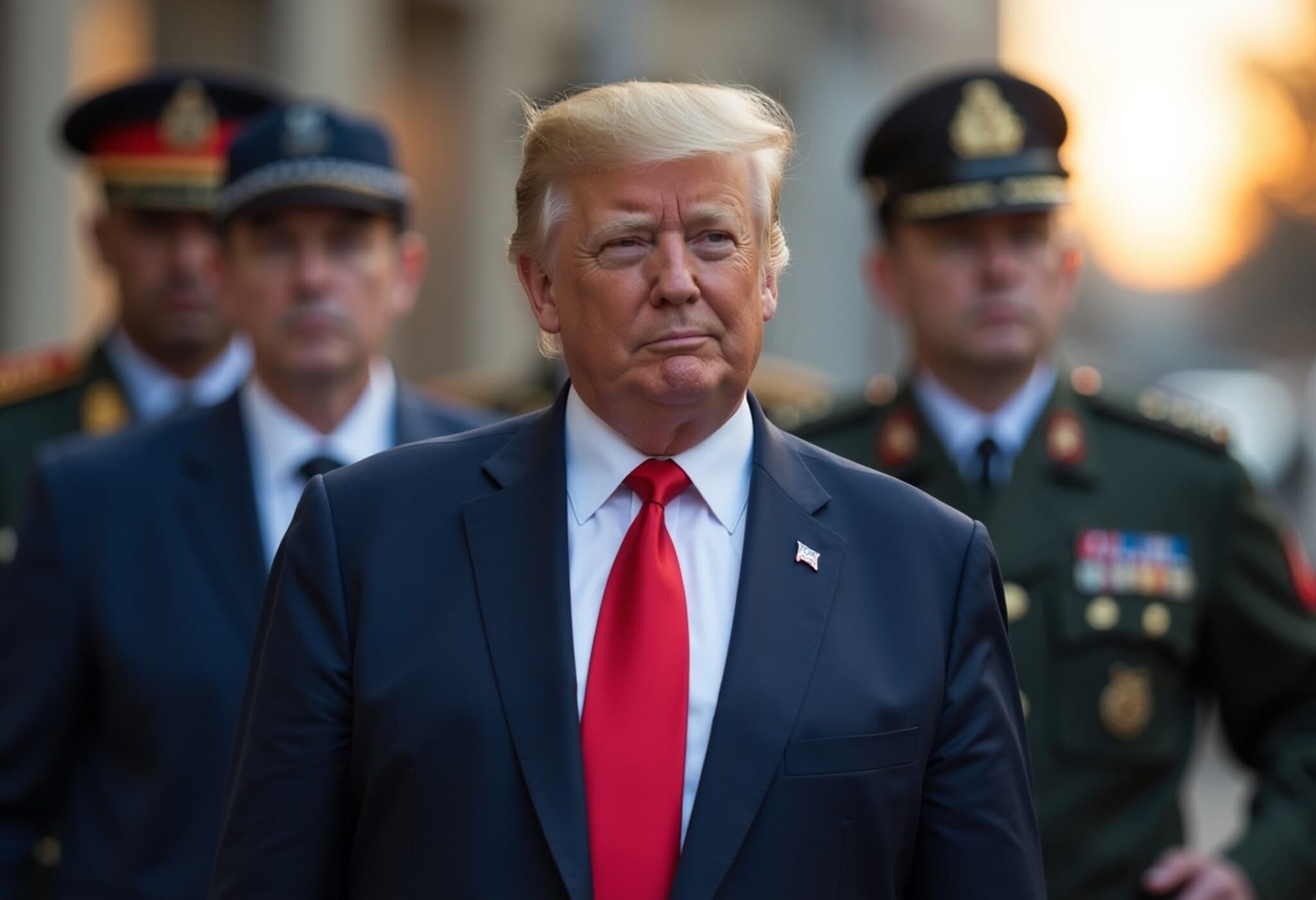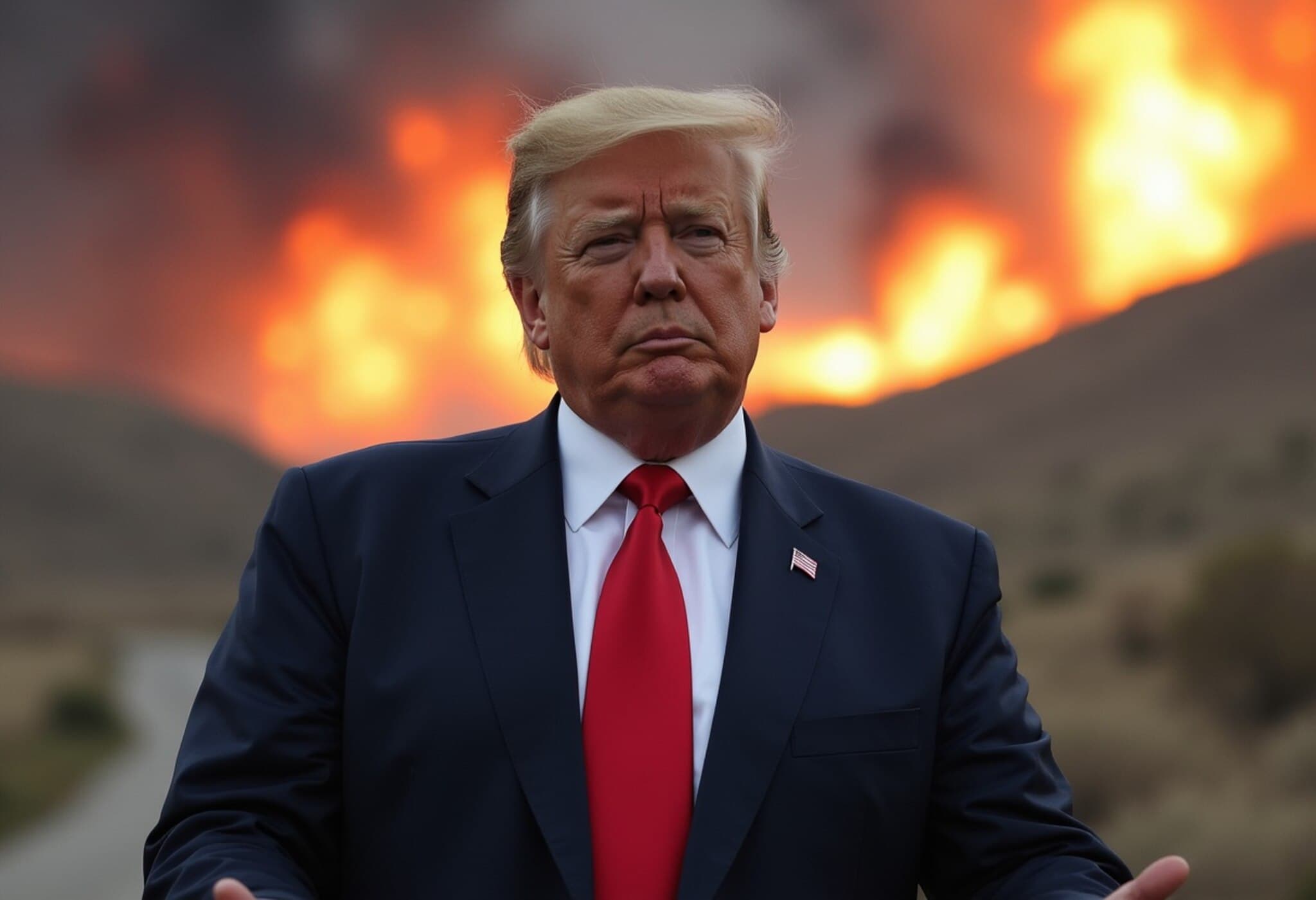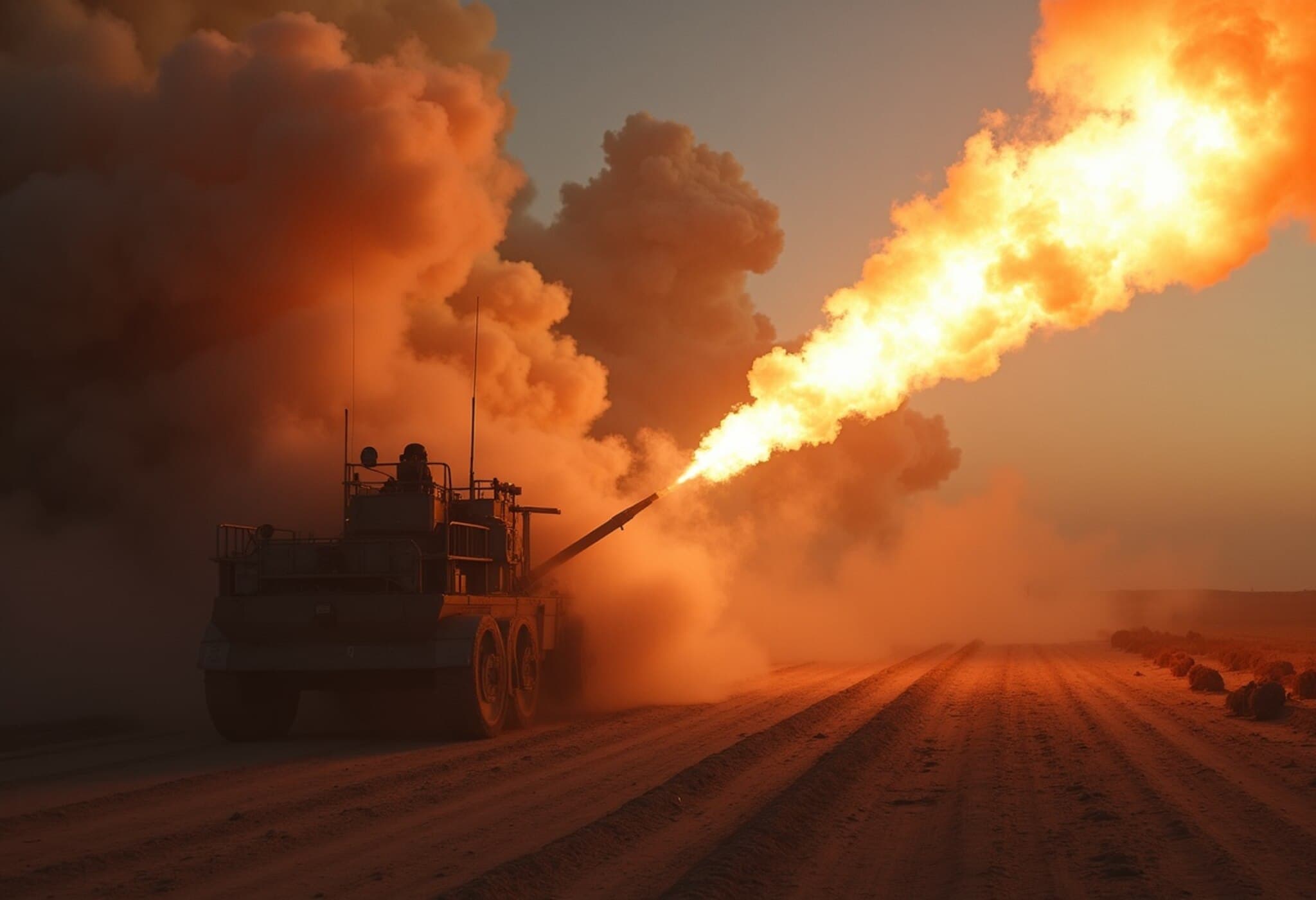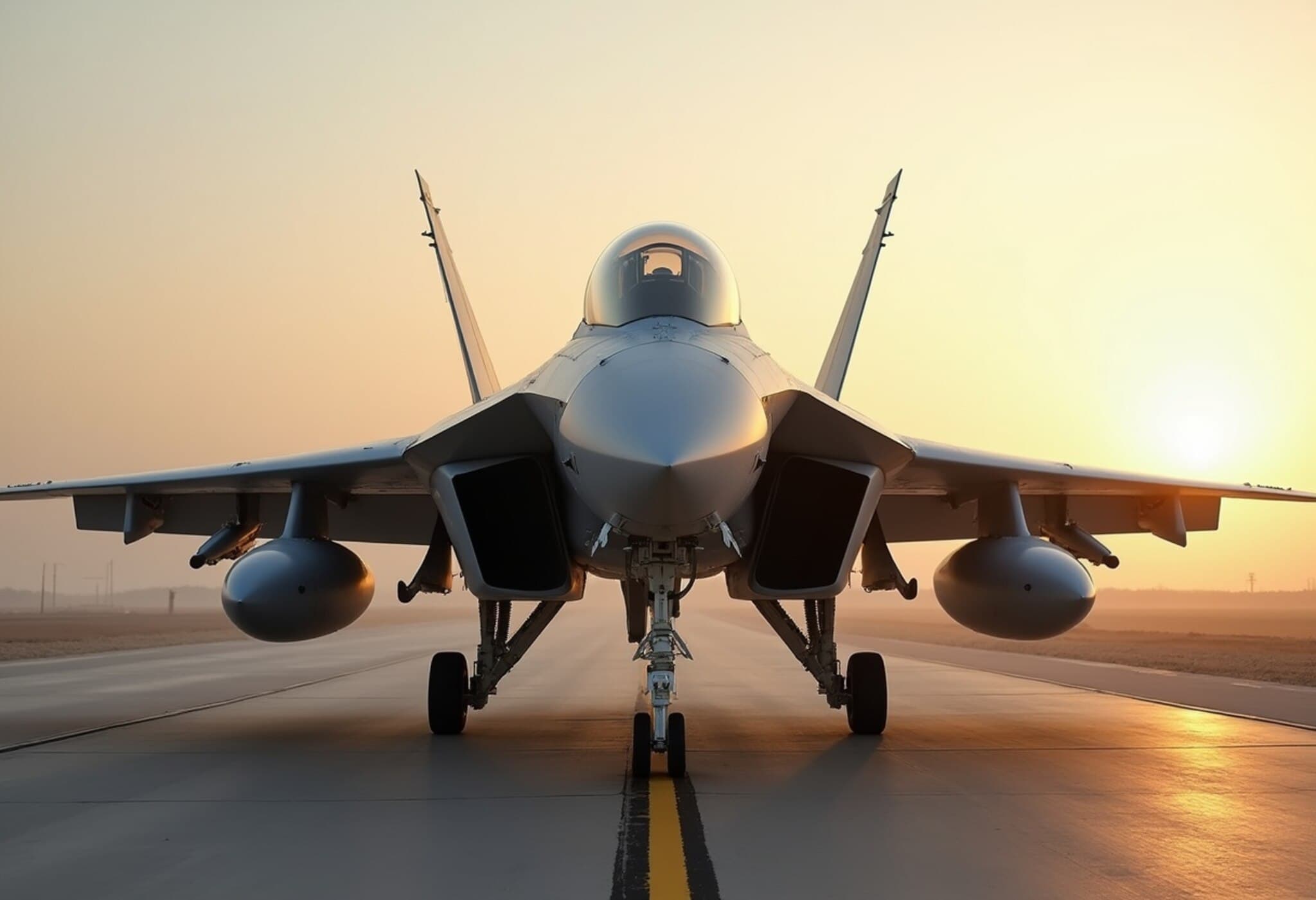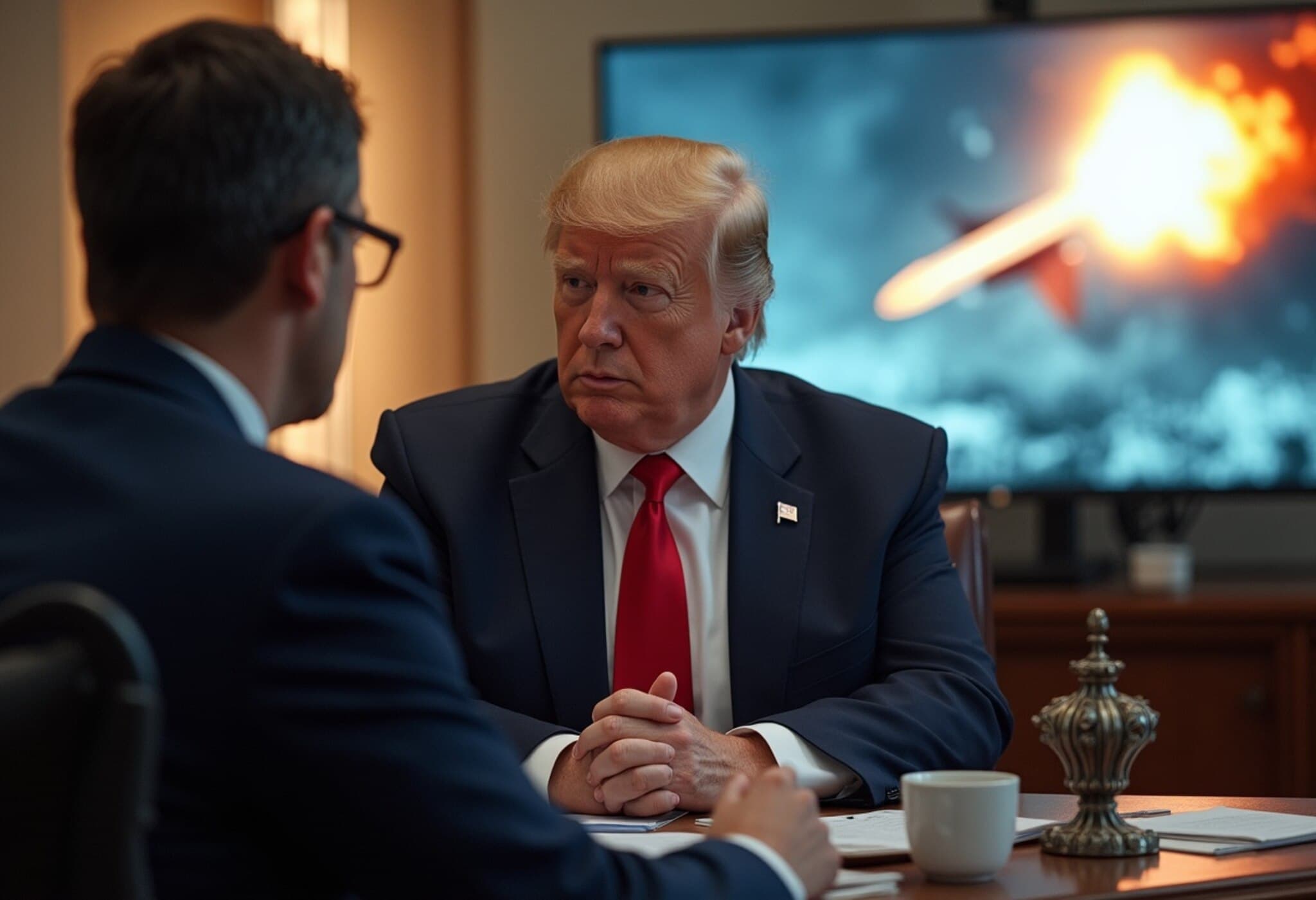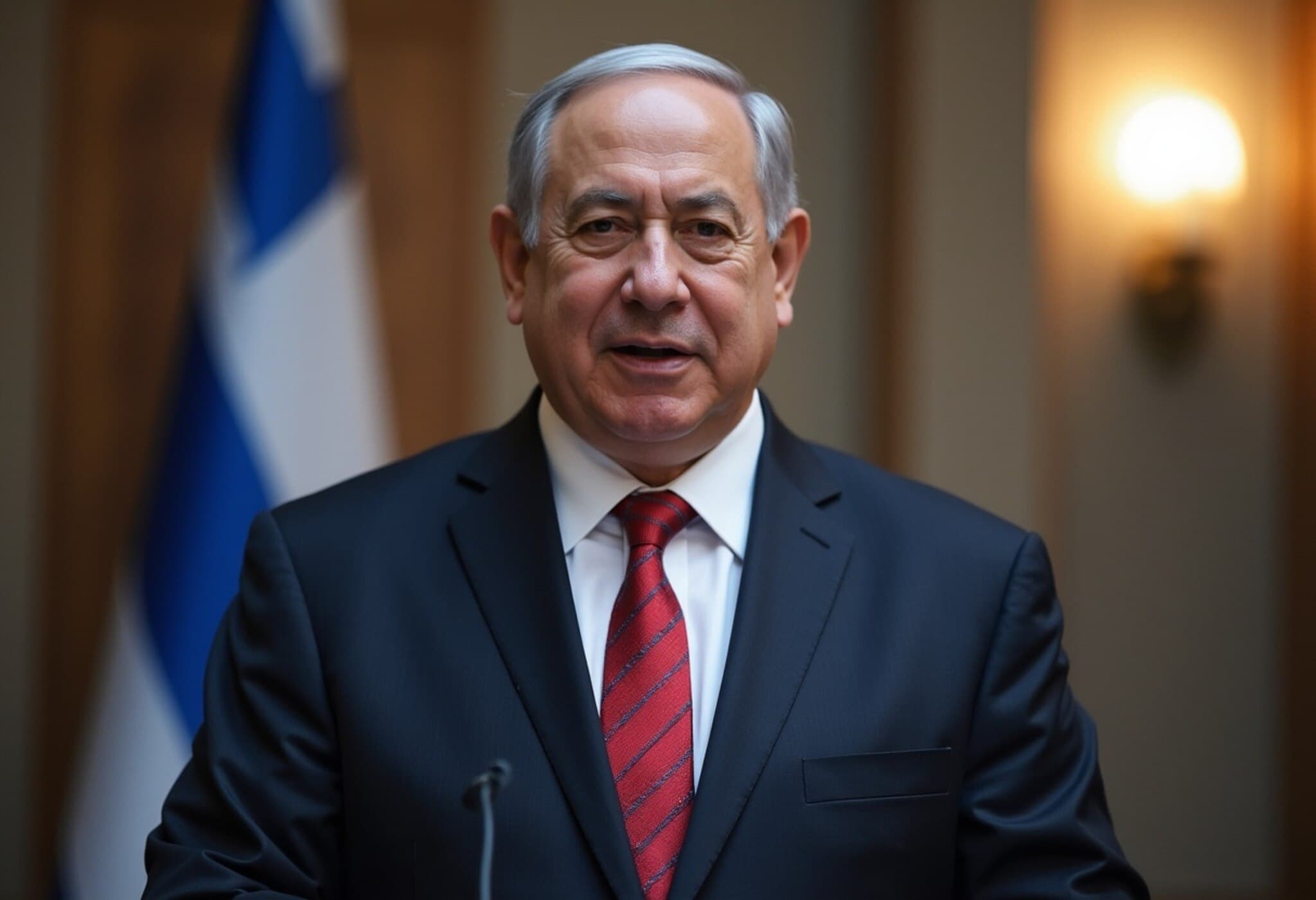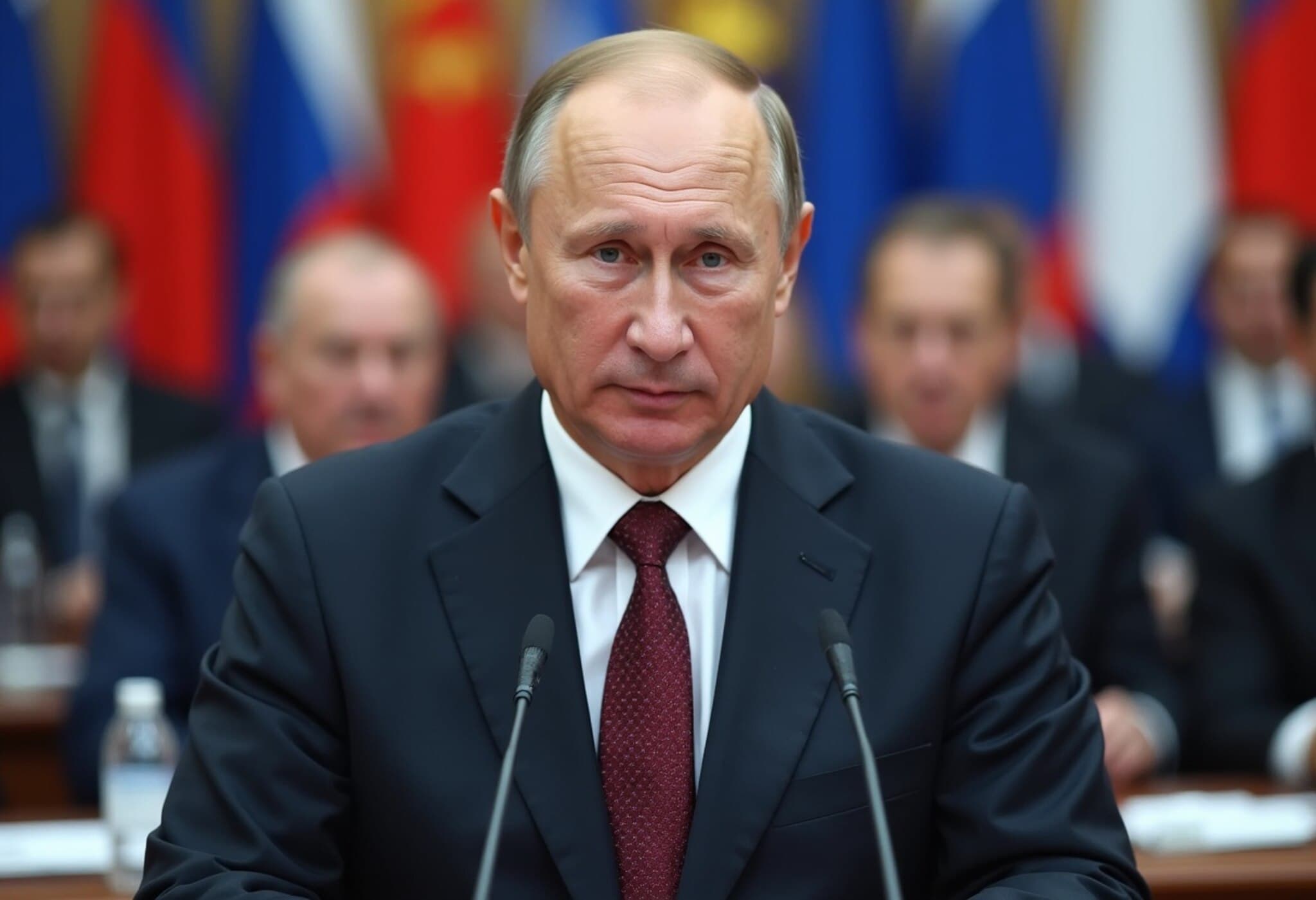China's Energy Strategy Disrupted as Middle East Conflict Escalates
China's long-standing push for energy dominance is facing a significant setback amid escalating tensions in the Middle East. Confronted with the Israel-Iran conflict that threatens critical oil routes, Beijing’s access to Iranian crude is under serious threat.
Meanwhile, increasing trade frictions with the United States have led Chinese companies to explore alternative markets, with Brazil emerging as a key area of interest for trade and investment.
The Impact of the Israel-Iran Conflict on China's Energy Supply
China has heavily relied on Iran for energy supplies, particularly crude oil. At its peak in 2024, Chinese imports from Iran reached 1.6 million barrels per day. However, the ongoing conflict and the targeting of Iranian oil infrastructure have driven a sharp decline in shipments, plummeting to approximately 740,000 barrels daily by April.
Experts warn that if hostilities persist, China stands to lose not only access to affordable Iranian oil but also a vital diplomatic leverage point in the region.
Adding to Beijing’s concerns is the possible blockade of the Strait of Hormuz—an essential corridor through which a substantial portion of Gulf oil, destined for China, passes. Any disruption here could send energy prices soaring and jeopardize China’s energy security.
China’s Broader Energy Dependencies and Strategic Response
Besides Iran, China depends largely on Saudi Arabia, its largest oil supplier outside Russia. In natural gas, suppliers like Qatar and the UAE accounted for over 25% of China’s LNG imports last year.
Despite long-term agreements, much of China’s energy import flexibility remains vulnerable, potentially forcing it to rely on the spot market at higher costs if instability persists.
In response, analysts forecast an acceleration of China’s energy diversification efforts, particularly its ambitious campaigns in renewable energy. Solar and wind now contribute over 56% of China’s total electricity capacity, a significant rise from a third a decade ago.
As one industry expert noted, such crises often catalyze deeper commitment to energy self-sufficiency.
Rising US-China Trade Tensions and China’s Pivot to Brazil
Meanwhile, the trade relationship between the US and China remains tense. Former President Donald Trump has intensified tariff restrictions, effectively constructing a “tariff firewall” that deters trade.
In light of these pressures, many Chinese companies are increasingly turning their gaze towards Brazil. The South American nation offers fertile ground for opportunities in agriculture, renewable energy, and critical minerals, making it an attractive alternative for Chinese investment and trade.
Diplomatic Setbacks and Shifting Regional Influence
China’s diplomatic standing in the Middle East, which had improved after mediating a landmark Saudi-Iran agreement in 2023 and through a strategic 25-year cooperation pact with Tehran, has taken a hit amid the recent conflict.
Observers suggest the war and China’s cautious stance undermine its image as a neutral and effective broker in the region. This shift indirectly benefits American influence, exacerbating challenges for Beijing’s broader geopolitical ambitions.
One expert remarked that the potential destabilization of Iran is a setback for China’s regional strategy and signals a constraint on its global aspirations.




